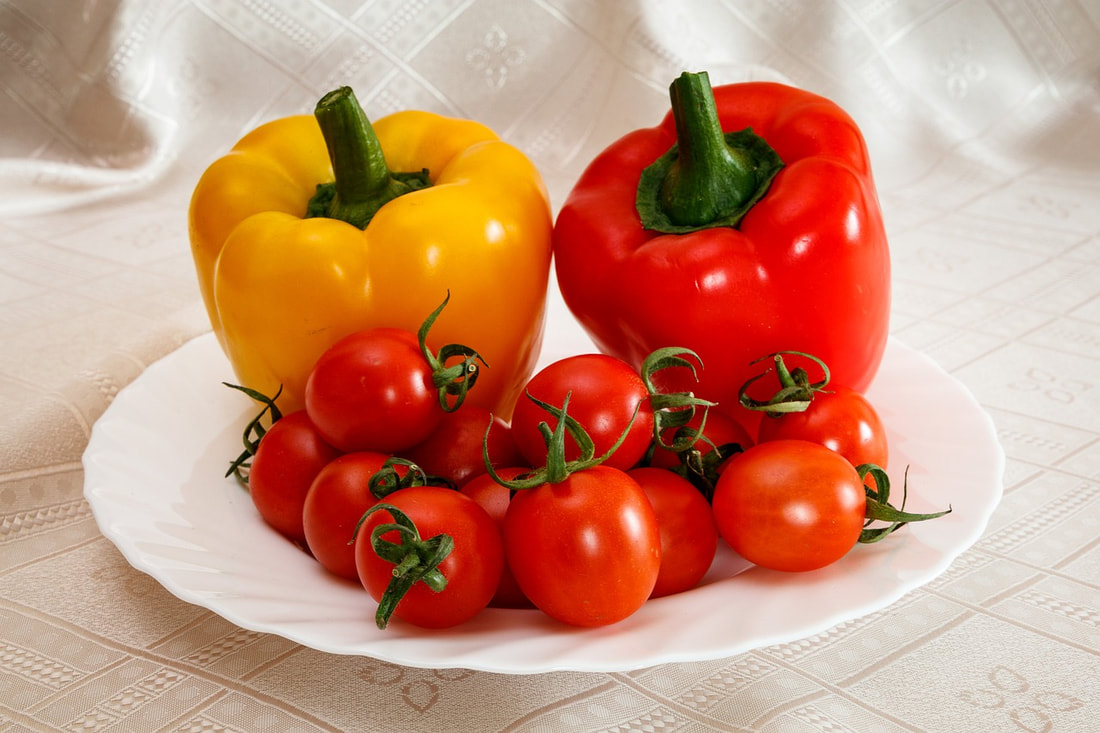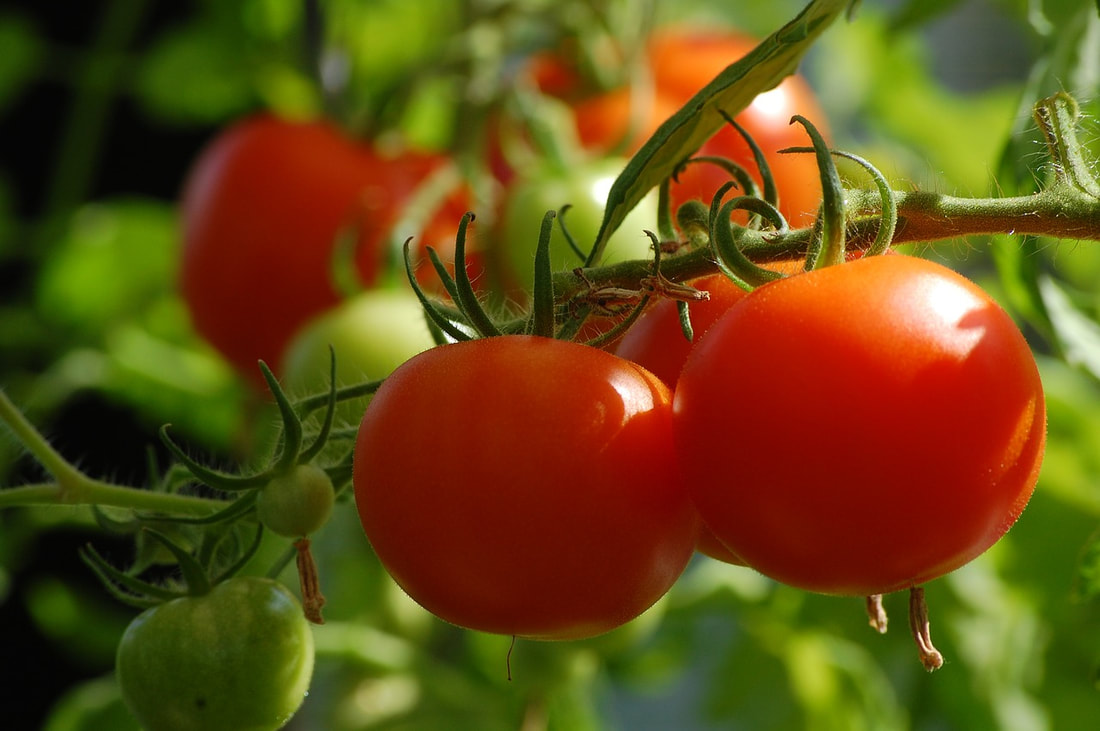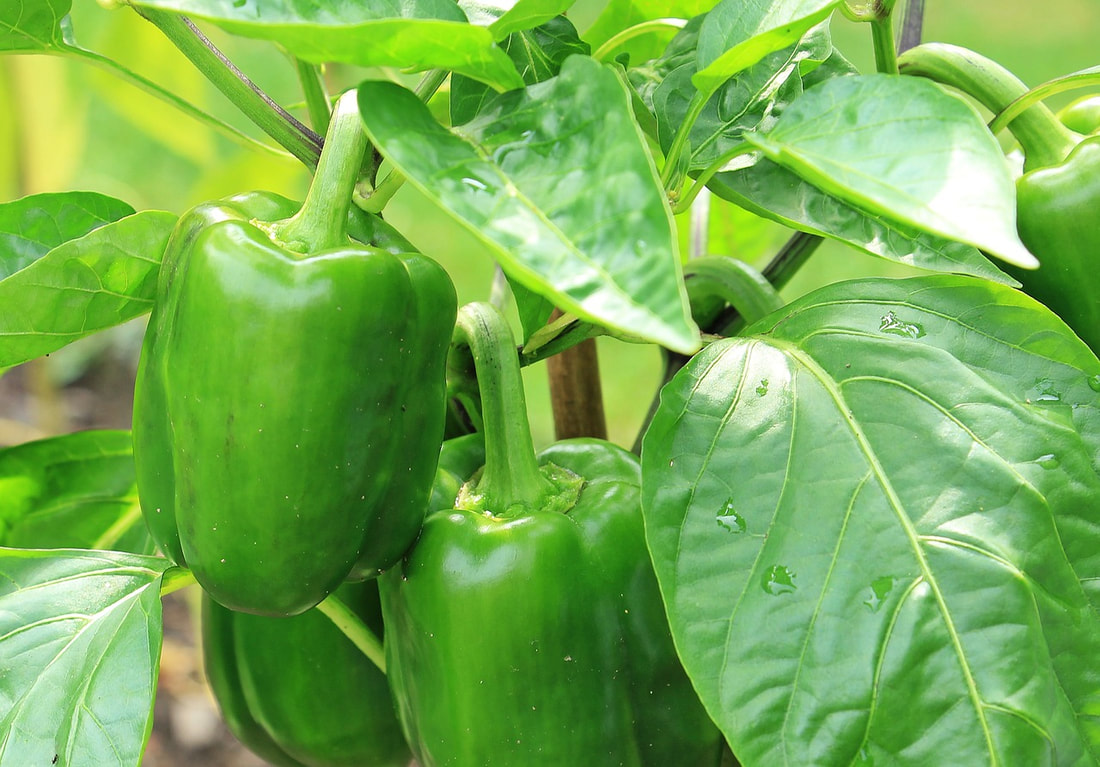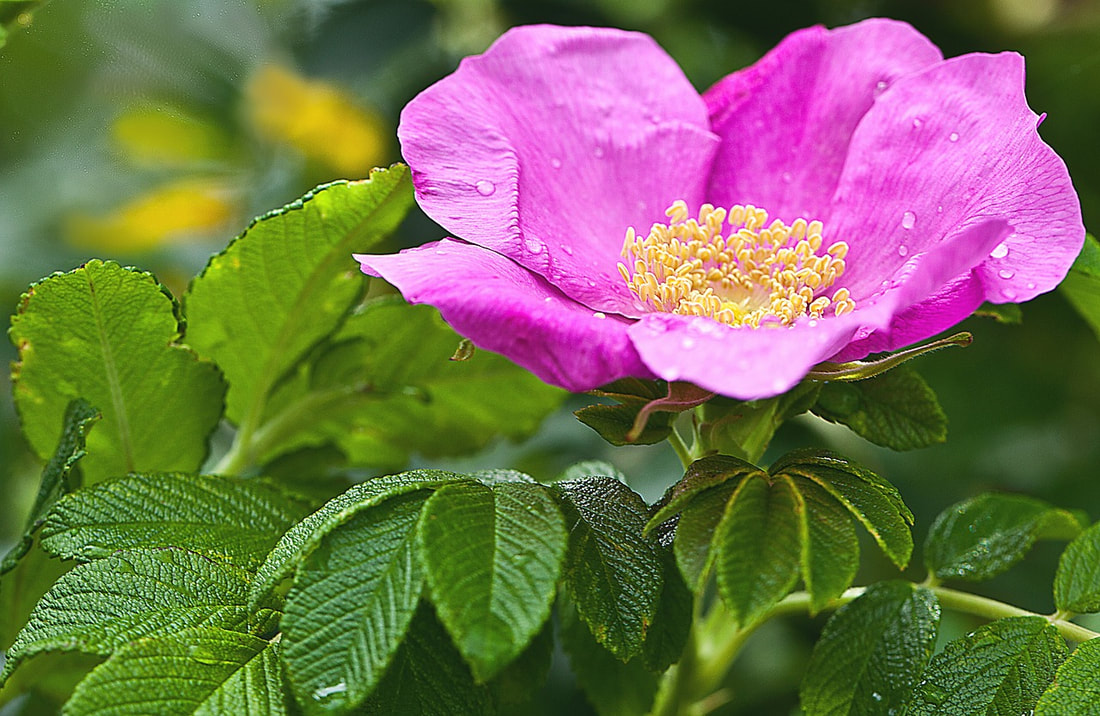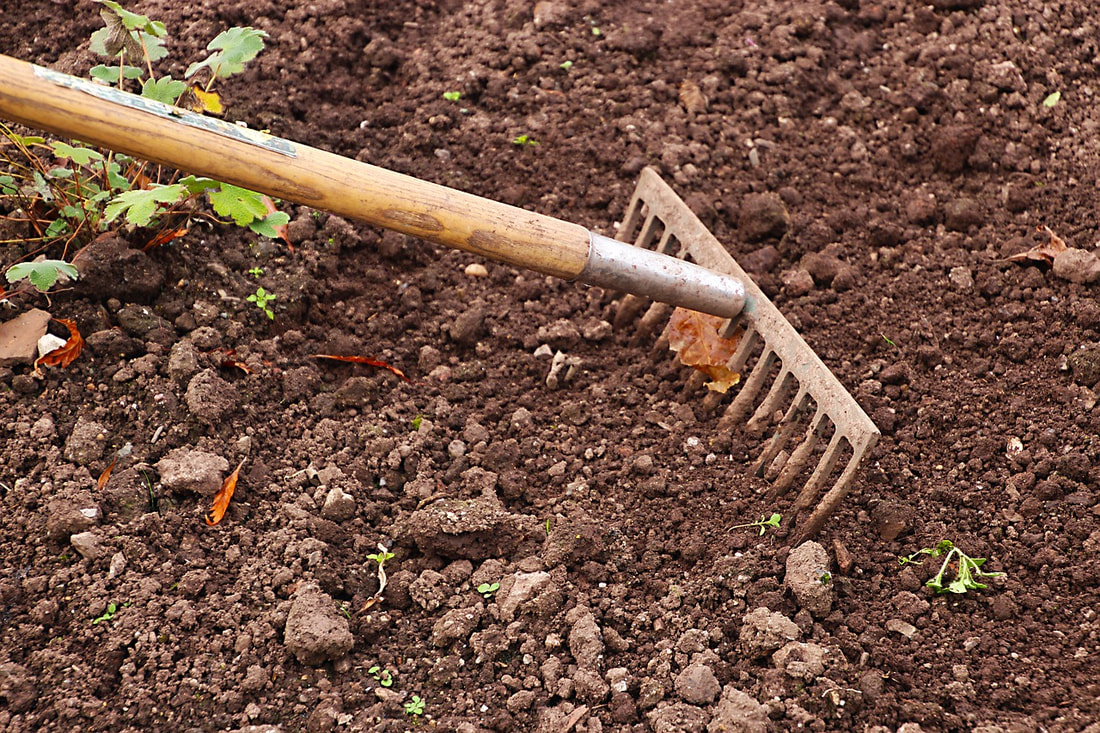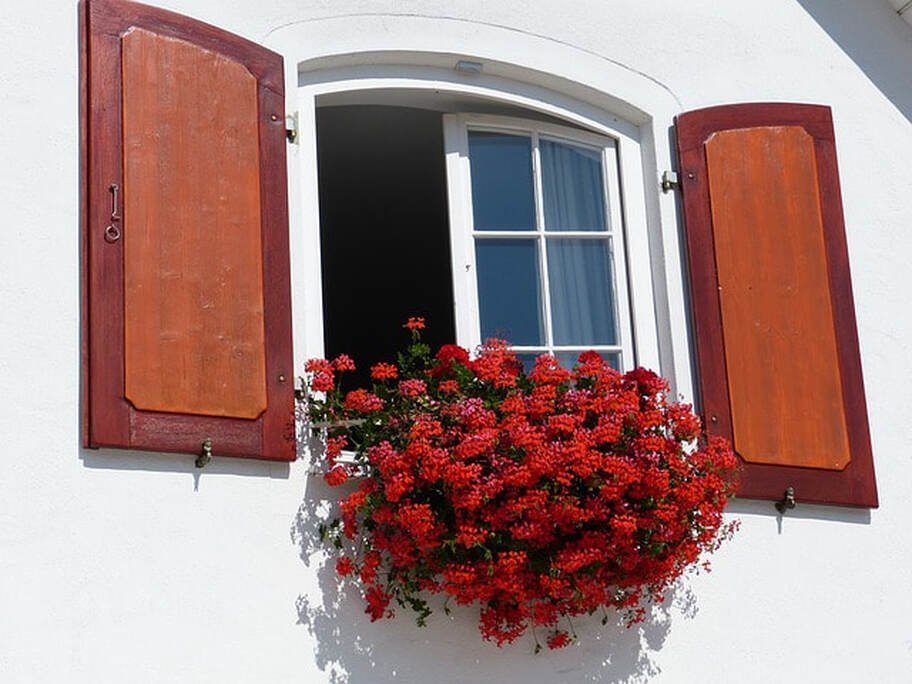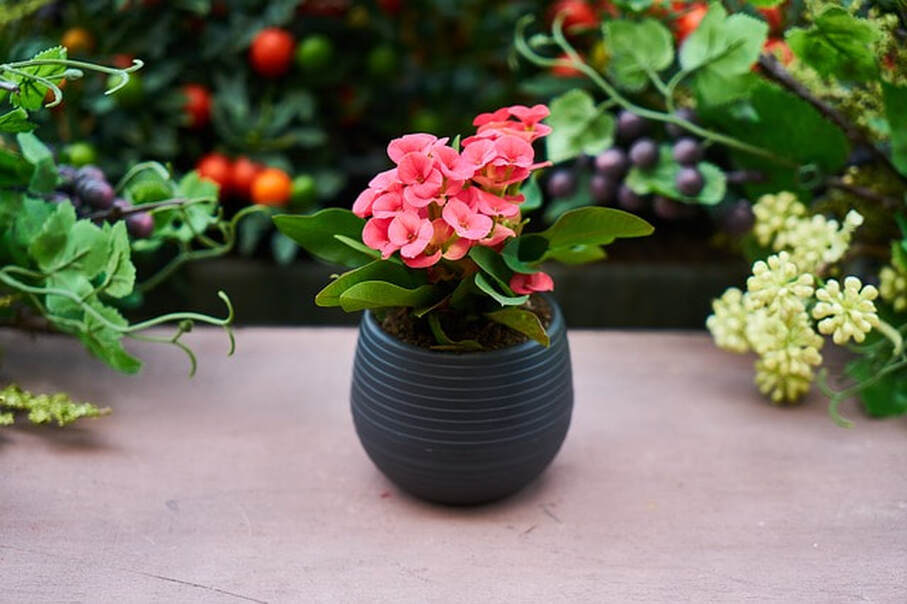How to Use Magnesium Sulfate (Epson Salt) to Boost Tomato Growth
Magnesium sulfate hydrate (Epsomite), sold as Epsom Salt or under another generic name, is composed of magnesium and sulfur, both of which are necessary for healthy plant growth.
Magnesium is important for seed germination, the production of chlorophyll and the absorption of both phosphorus and nitrogen.
Sulfur also assists in chlorophyll production and makes nitrogen, phosphorus and potassium found in the soil more effective. According to Wendy L. Wilber, Extension Agent from the University of Florida, magnesium sulfate makes a good growth enhancer when used with your regular fertilizer.
Magnesium is important for seed germination, the production of chlorophyll and the absorption of both phosphorus and nitrogen.
Sulfur also assists in chlorophyll production and makes nitrogen, phosphorus and potassium found in the soil more effective. According to Wendy L. Wilber, Extension Agent from the University of Florida, magnesium sulfate makes a good growth enhancer when used with your regular fertilizer.
How to Make Foliar Spray from Magnesium Sulfate (Epsom Salt)
Mix one tablespoon of magnesium sulfate with one gallon of water to create a foliar spray for your plants. Foliar spray applied directly to the leaves of plants begins the absorption process immediately.
Magnesium Sulfate (Epsom Salt) for Tomatoes
Many gardeners use magnesium sulfate to boost tomato growth and production. Dissolve it in water or mix it into the top few inches of the soil around the base of tomato plants. Use one tablespoon per foot of height in tomatoes. Repeat every two weeks.
Can you use Epson Salt on other flowers and vegetables?
Epson Salt (magnesium sulfate) isn't a fertilizer. It is a growth enhancer. It is frequently used on tomatoes to boost healthy growth, but it can be used on other vegetables (and flowers), too. Peppers and roses love magnesium sulfate and respond quickly when it is applied.
Magnesium Sulfate (Epsom Salt) for Peppers
Use foliar spray on pepper plants at blooming time and repeat in ten days, says the Epsom Salt Council. Apply one gallon of the foliar spray per foot of pepper height.
Magnesium Sulfate (Epsom Salt) for Roses
According to tests conducted by the National Garden Association, roses grown with magnesium sulfate grow bushier and produce more abundant blooms. Work ½ cup of magnesium sulfate into the soil near the base of rose bushes to encourage new canes. Mix one tablespoon with one gallon of water and apply to a rate of one gallon per foot of rose height every two weeks. Magnesium sulfate may also help prevent garden pests.
Magnesium Sulfate (Epsom Salt) in Soil Preparation
Mix one cup of magnesium sulfate per 100 square feet of garden area before planting. Work it into the top 4 inches of the soil with a garden tiller or hand tools.
Magnesium Sulfate (Epsom Salt) for Containers and Window Boxes
Mix one tablespoon of Epsom salt with water and apply to window boxes and container gardens every two weeks to promote healthy growth.
Magnesium Sulfate (Epsom Salt) for Houseplants
Mix 2 tablespoons with water and apply to houseplants once a month to boost growth and encourage healthy foliage and blooming.
Magnesium sulfate should not be used as a replacement for your fertilizer as it does not contain the nitrogen, phosphorus and potassium necessary for plant growth. Use it as a growth enhancer along with your regular fertilizer. The Epsom Salt Council notes that magnesium sulfate, unlike commercial fertilizer, does not build up in the soil and does not cause harm to plants if overused.
